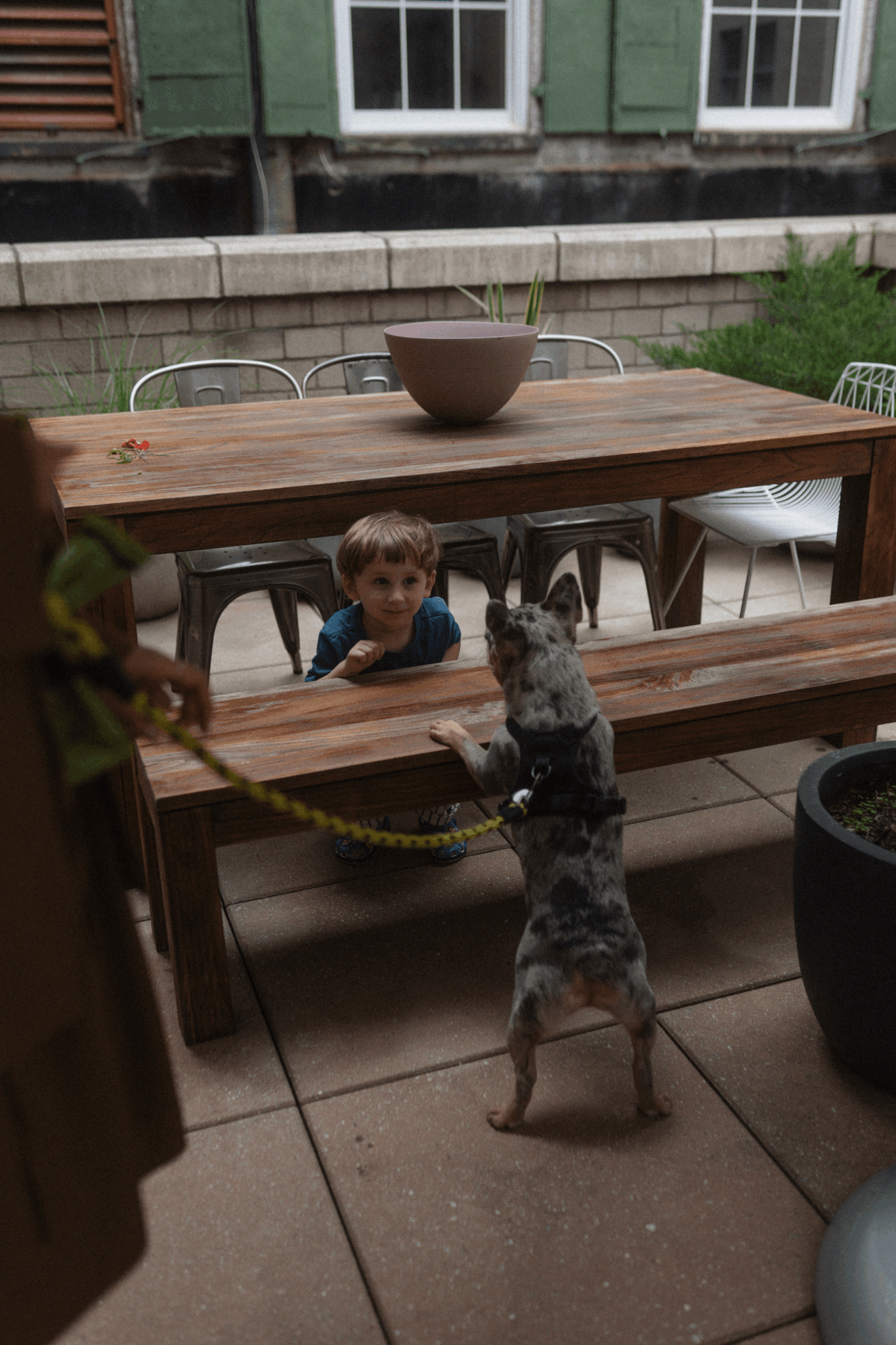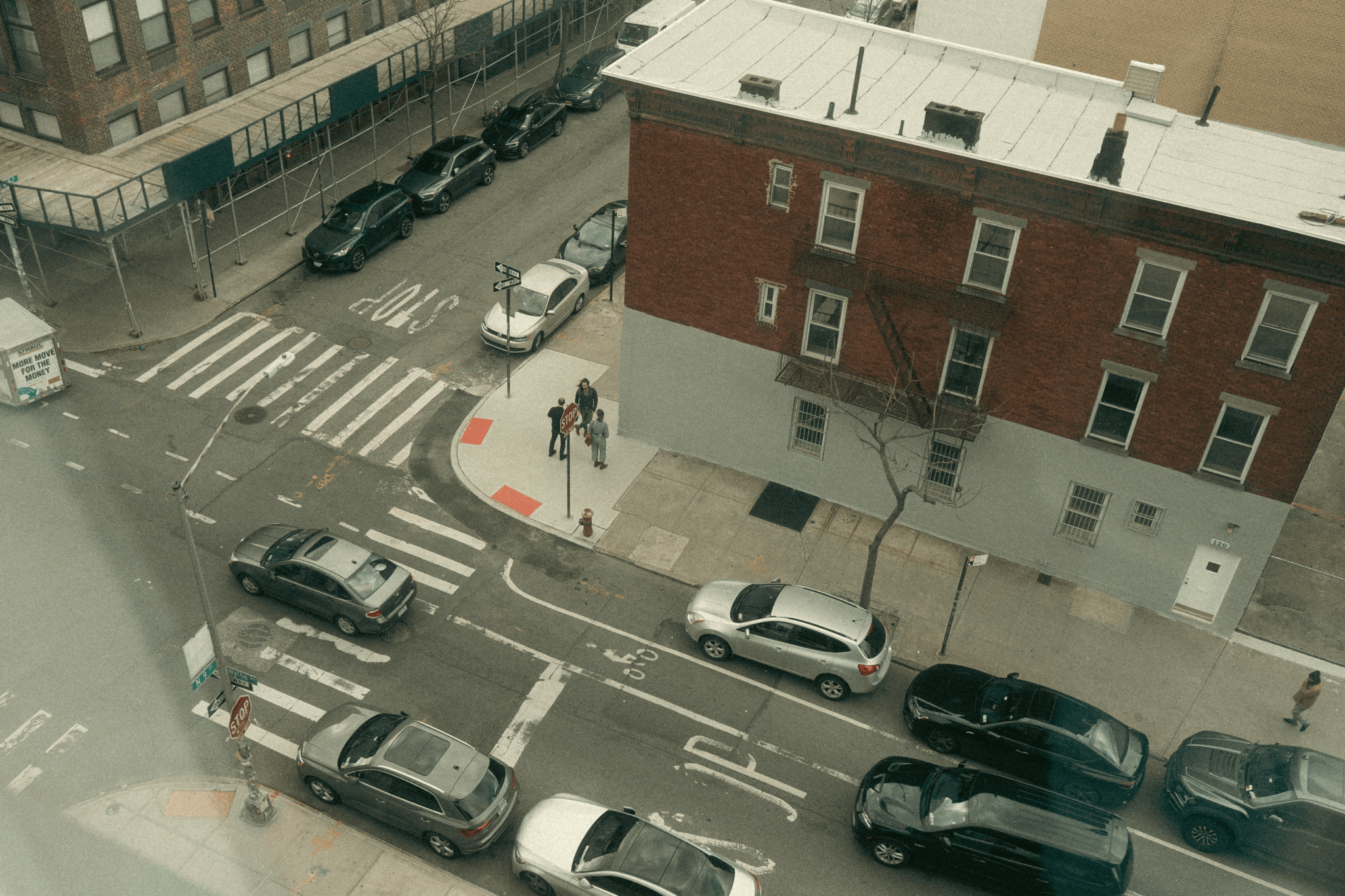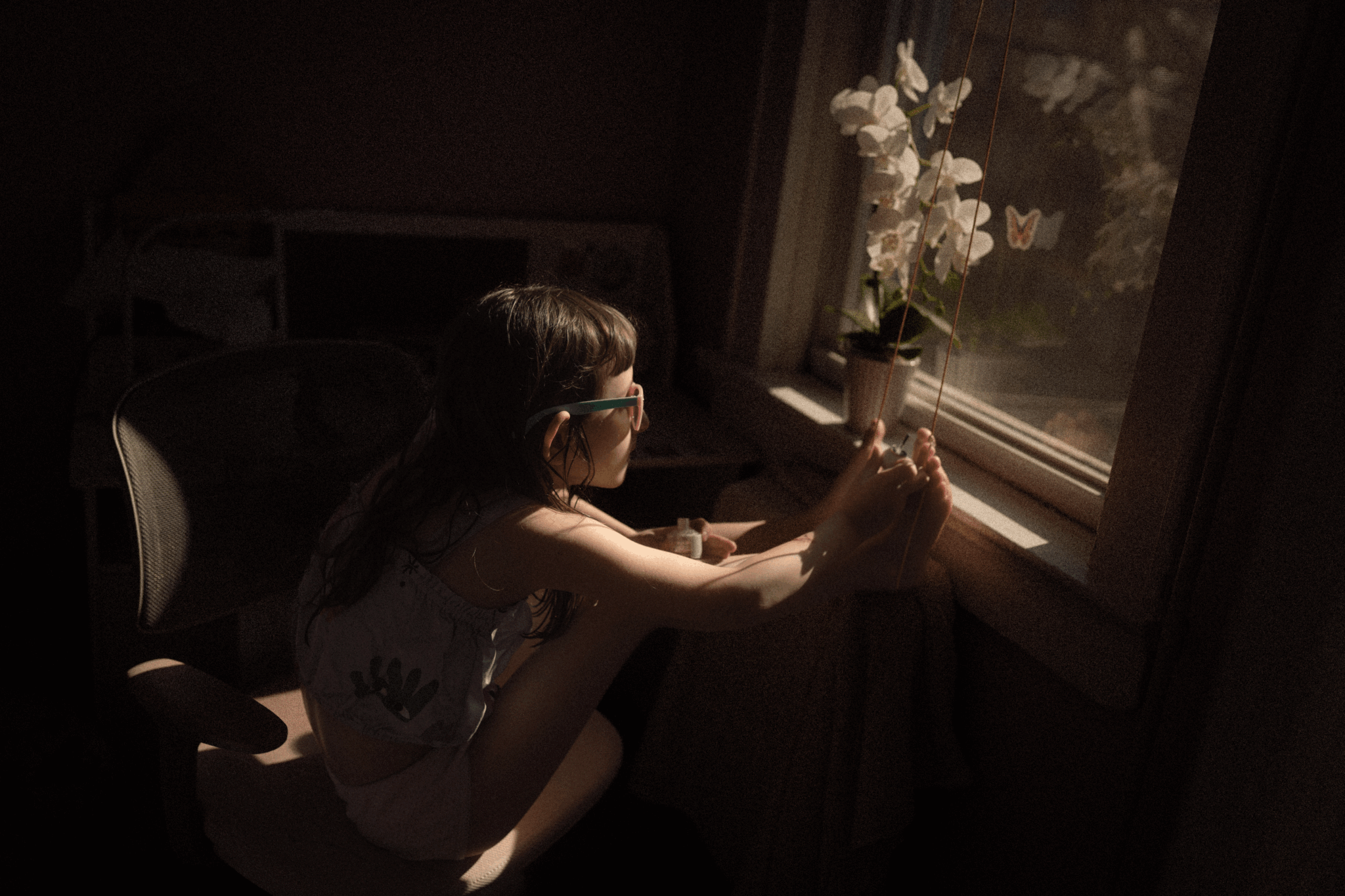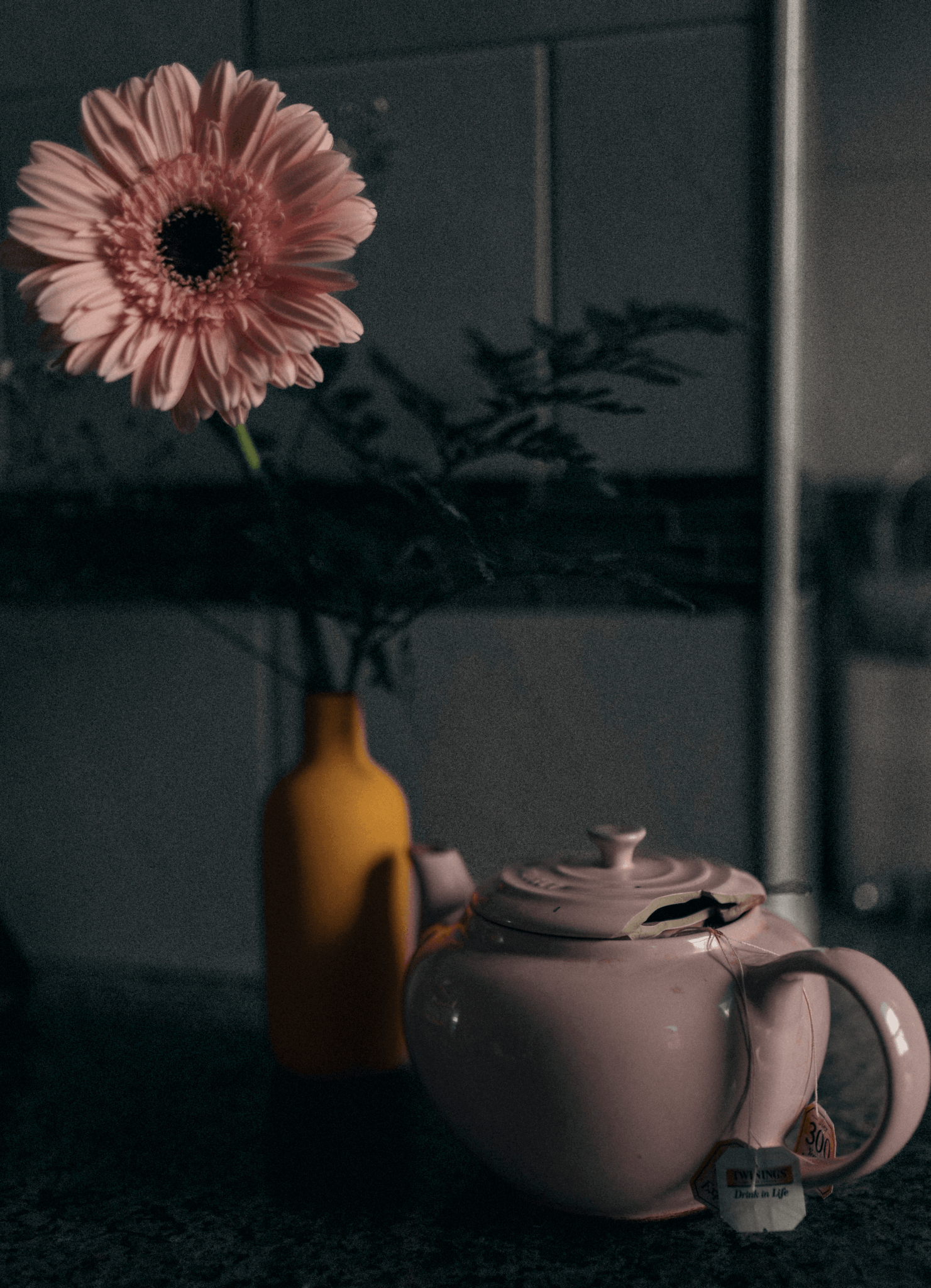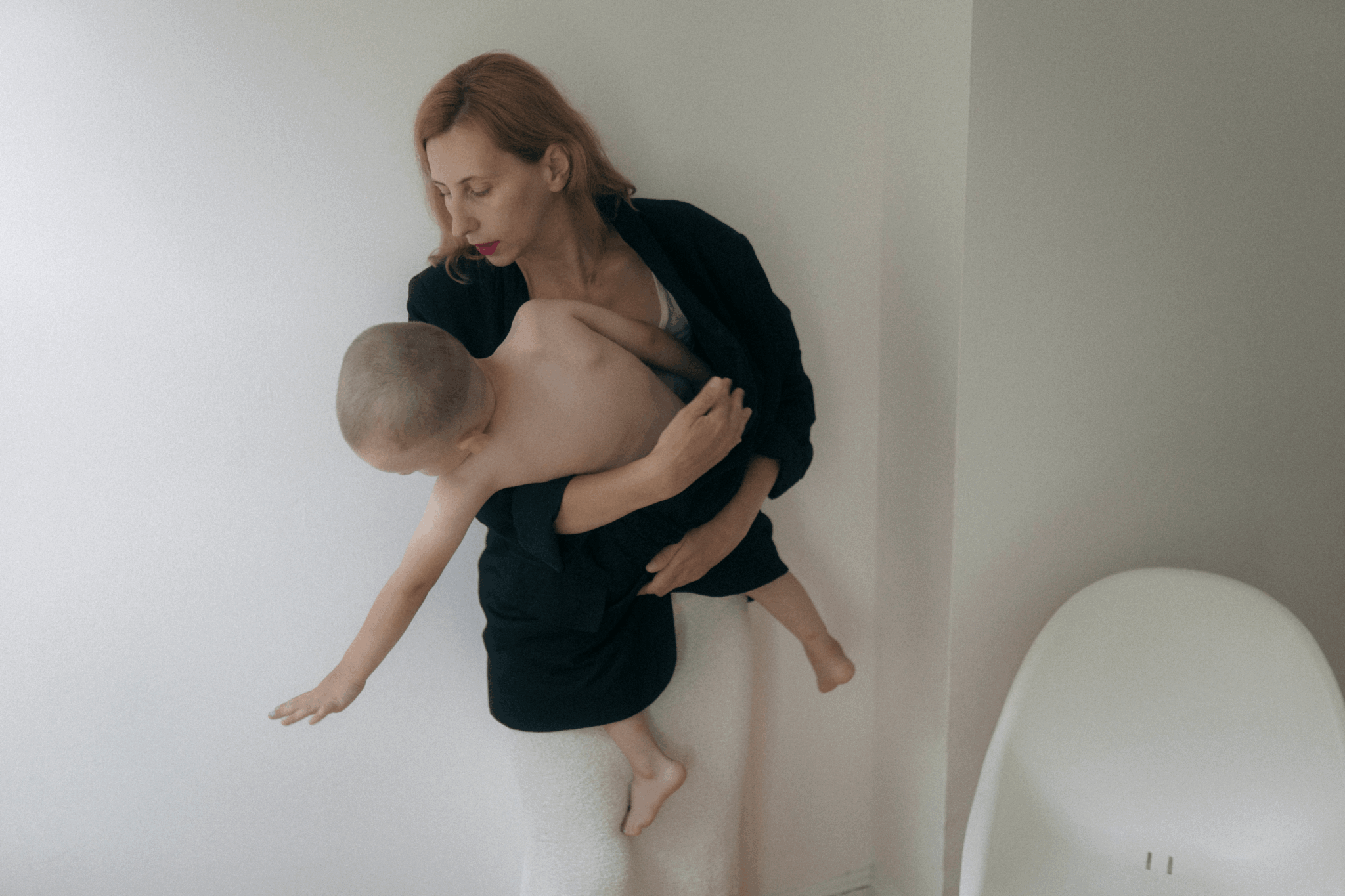Today we’d like to introduce you to Maria Kazikhanov
Hi Maria, please kick things off for us with an introduction to yourself and your story.
When I was just 12 years old, my mother passed away. That marked the beginning of my creative journey. I began writing and took long, contemplative walks through my hometown of Moscow, seeing the city through a lens of endless images. It was my way of healing. Even today, those long walks remain my wellspring of inspiration. From that young age, I knew I had a deep love for stories and imagery.
After school, I enrolled at a university in Moscow to study literature and history. Fortuitously, I also landed a remarkable job at ELLE magazine in 1999. I started as an assistant photo editor and gradually ascended to the role of creative producer. The experiences I garnered there, through travel and encounters with vibrant personalities, only deepened my passion for crafting meaningful narratives.
In 2010, my grandmother, who had raised me, passed away. In response, I quit my job and went to New York City to study filmmaking. I suppose it was my next step in healing. After my second graduation, I returned home and dedicated my efforts to highlighting human rights and social issues in Russia. The subsequent decade was spent directing and writing films, each project a testament to my enduring commitment to storytelling and social justice.
We all face challenges, but looking back would you describe it as a relatively smooth road?
My first significant setback in my directing career came in 2014 when Russia annexed Crimea, a crime by my country that I could not accept. Simultaneously, my major project, a full-length feature film I had been writing for years, was canceled. It was supposed to be a joint Russian-Ukrainian venture. The story was a fairy tale about a 9th-century wizard living in a village near Kyiv. He perished when his wife’s brothers came to a feast, stole his secret magical name, and turned the entire family, including the wizard, into trees. The river water turned red. Only in 2022, as rivers of Ukrainian blood flowed due to the betrayal of “Russian brothers” who came to take both the name and the land from Ukraine, did I realize the deeper meaning of my tale, written in the early 2010s.
2014 also marked another confrontation with Russian film industry corruption. I was invited to direct a full-length feature, not my script but one I loved—a legend about three sinners given a chance at redemption before death. The government was funding this film from the state budget. However, at a producers’ meeting at the Ministry of Culture, I was told I had to sign off on the film’s overall budget and pay a 30 percent bribe to the Minister of Culture. I had to walk away from the project—I simply couldn’t be part of Russian corruption. Due to my anti-corruption and anti-government stance, many of my personal projects were also canceled. Producers were afraid to handle my feature about a gay Muslim, fearing state persecution. Some of my scripts, written a decade ago, are still in Russian film production but no longer bear my name or involvement. My name has been erased from all films since 2022 due to my anti-war stance.
In 2019, during a peaceful protest, my husband was unlawfully arrested because of his non-Slavic appearance—he is Tabasaran, a minority from Dagestan. Although he was released, the threats intensified. In 2020, our family—my husband, my daughter, and I—was forced to immigrate to America.
Appreciate you sharing that. What else should we know about what you do?
Since leaving Russia, I have dedicated myself to photography, specializing in capturing the human experience and the stories that define us. My work delves into the depths of personal narratives, seeking to illuminate the unique facets of each individual’s journey. I am known for my empathetic approach, which allows my subjects to reveal their true selves in front of the camera.
One of my proudest achievements is a documentary photo project I’ve been working on, focusing on immigrant families from ethnic minorities from Russia in America, capturing their resilience and the diverse tapestry of their new lives. This project not only gives voice to often-overlooked stories but also connects me to a broader community of people who share similar experiences of displacement and adaptation.
What sets me apart from others is my background in literature and filmmaking, which infuses my photography with a rich narrative quality. Each photograph is not just an image but a story, a moment in time that speaks to the broader human condition. My work is a testament to my enduring commitment to storytelling, social justice, and the power of the human spirit.
The crisis has affected us all in different ways. How has it affected you and any important lessons or epiphanies you can share with us?
The Covid-19 crisis coincided with our departure from Russia in 2020. As we traveled through deserted cities, we faced the daunting task of navigating an uncertain future without a place to call home. The pandemic marked a period of profound change and reflection. It taught us the critical importance of adaptability and resilience, virtues that became our guiding light through subsequent global challenges. Amidst the widespread calls to “stay home,” we grappled with the harsh reality that we had no safe haven. This experience deepened our empathy as we witnessed firsthand the personal and varied struggles of individuals around the world. It underscored the urgent need for compassion and understanding in times of crisis.
Contact Info:
- Website: https://mariakazikhanov.wixsite.com/mariakazikhanov
- Instagram: https://www.instagram.com/photoshurup/
